There’s no doubt about it: Squad can be an incredibly difficult game, especially for those who haven’t learned the ropes yet in a couple of dozen rounds of Insurgency or Advance And Secure.
If you are entirely new to Squad, check out our beginner’s tactical guide to not getting your squad killed, as much of this information builds on the basics presented there.
For those ready to jump in and get started, here we’re covering the ways to effectively play as either the medic – an absolutely essential role, and the rifleman – the backbone of every group.
Playing The Medic Role In Squad
It’s important for players in every single role to remember you don’t have to be a medic to use a field dressing and stop yourself from bleeding out. If you want to regain any of that lost health or get revived after being incapacitated, however, a medic is necessary.
Teamwork And Solo Abilities
Every team should ideally have two medics, otherwise you’re all screwed when the sole medic goes down in a hail of unexpected gunfire. When your companion medic is incapacitated, you should drop what you are doing and revive that person first to ensure the two of you can quickly respond to medical needs of other team embers.
It’s absolutely vital to coordinate with the other medic on the team. A solid strategy is to have one medic stay out with the rest of the crew engaging in battle, while the other hangs back in a more defensible cover position, ready to head out only when needed.
Don’t forget that medics are capable of healing themselves, so if you are wounded, take care of yourself first rather than waiting for the secondary medic to reach you. In the long run, keeping yourself alive will keep the rest of the squad alive.
 A medic is absolutely essential to keeping the squad running
A medic is absolutely essential to keeping the squad running
Staying Alive To Be Effective
There’s (currently) no ability to drag an incapacitated soldier to a safe location, so you absolutely need to find a way to draw fire away from yourself to be useful when healing wounds. First and foremost, be sure to pop a smoke grenade if the firefight is still raging right near you and you are being suppressed. The other team already has a bead on you, so charging directly into the line of fire without any concealment is pointless and counterproductive.
If you don’t have any smoke left while dealing with wounded companions, stay on your radio and direct your teammates to either suppress the enemy or flank around and take them out first. It won’t do any good to run into a tight corridor or open field and get cut up exactly like your downed squadmate did.
Other Medic Functions
At this point in time, most of the other roles don’t get access to the binoculars, with only the marksmen and squad leader also having the all-important item. That means you need to be scouting for enemy locations and seeking out weapon caches, and most importantly remember to call out your finds vocally over the radio. The rest of your squad needs to know what’s going on and where to start shooting.
Focus on your role as healer first, but keep in mind that as a medic you are still armed and there’s no reason you can’t be taking out the enemy actively, rather than just waiting for your team members to get injured.
Besides healing and engaging in combat, the medic is an excellent option for taking point in talking to your squad leader about important fortifications. If he or she hasn’t setup any Rally Points or deployed a Forward Operating Base, remind them about it so you have more respawning options.
Playing The Rifleman Role In Squad
As rifleman, you are the heart of the squad. You may not have any special equipment and can’t make new Rally Points, but you are the tip of the spear: the weapon the Squad Leader wields to take out the enemy and capture new locations.
Squad Rifleman Basics
In general, it’s better to keep your weapon set to fire single shots while out in the open environments, as you’ll chew through too much ammo firing indiscriminately at bushes and trees. In the urban environments however, going burst or auto can give you an edge as you’re more likely to hit an enemy multiple times in close quarters.
The game isn’t about kills though. It’s about completing objectives, so it’s more important to hold fortifications and move towards your next target than to take down enemies. That’s why suppression can be just as important as killing. If you know the general area of the enemy team but can’t see anyone specific, fire off a few rounds anyway to blur their vision and make them run, which will give you a better visual read on the opposing forces.
When getting shot at, don’t make life more difficult for your medic – use your field dressing kit to bandage your bleeding wounds if you have any amount of downtime between firefights. Ideally, drop out of the fight and find cover to do this anyway, even if a battle is still raging. You are more useful alive than incapacitated and waiting to respawn some huge distance away from the action.
 Close quarters combat is more effective with a higher rate of fire
Close quarters combat is more effective with a higher rate of fire
Squad Rifleman Equipment
When at a Forward Operating Base, pull out your shovel and start building up the fortifications if you aren’t in an active fire situation, but be ready to stop and go to a different task quickly if your Squad Leader needs you elsewhere.
As a rifleman, you’ve got a smoke grenade in your gear, and don’t be afraid to use it either to support the medic while healing a downed team member, or to give your group a chance to get to cover when under heavy fire.
Likewise, you are outfitted with a deadly frag grenade, which can be rolled (right click) or thrown in an upward arc (left click). If you know there’s a nest of enemy soldiers in a location but can’t get shots off accurately due to suppression, then the grenade is an excellent backup and quick method to get your squad out of harm’s way.
Squad Movement And Formations
Running around wildly at full speed is an excellent way to reveal your position and get your squad killed. The group needs to move as a team with purpose and stay out of harm’s way. If you are up and not crouched or prone, it should be to find the enemy and fire.
While moving towards the next objective, consider recommending a specific formation to your team unless the Squad Leader has already ordered otherwise. The wedge formation, with medics in the back and the Squad Leader up front calling out enemy positions, can be incredibly effective. Even if each individual rifleman can’t see the enemy through binoculars or a marksman weapon, you can all fire in the same direction as the Squad Leader and will not only suppress the enemy, but most likely wound or kill several of them as well.
For maximum chaos, either when defending a location or assaulting an FOB, another effective tactic is to have one or two riflemen break away from the main group and sneak around the enemy for a flanking position. Remember that the enemy can’t hear your radio chatter, so if you can get behind them and everyone knows their map grid and compass points, you can call out locations effectively – just don’t get noticed!
Your opponents won’t expect to be fired on from two different locations at once and will focus on you while the rest of the squad mops up (be sure to stay in cover though, as friendly fire is a constant threat). If you’re lucky, the enemy will pack up and run – directly into your waiting squad.
 Everyone in the squad needs to know their role and work together
Everyone in the squad needs to know their role and work together
Let us know if you have any tips or tactics to share about being an effective medic or rifleman!

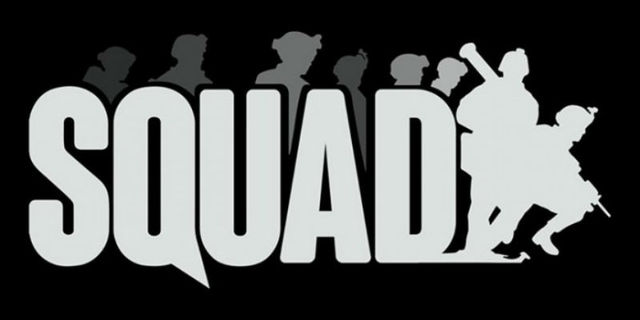
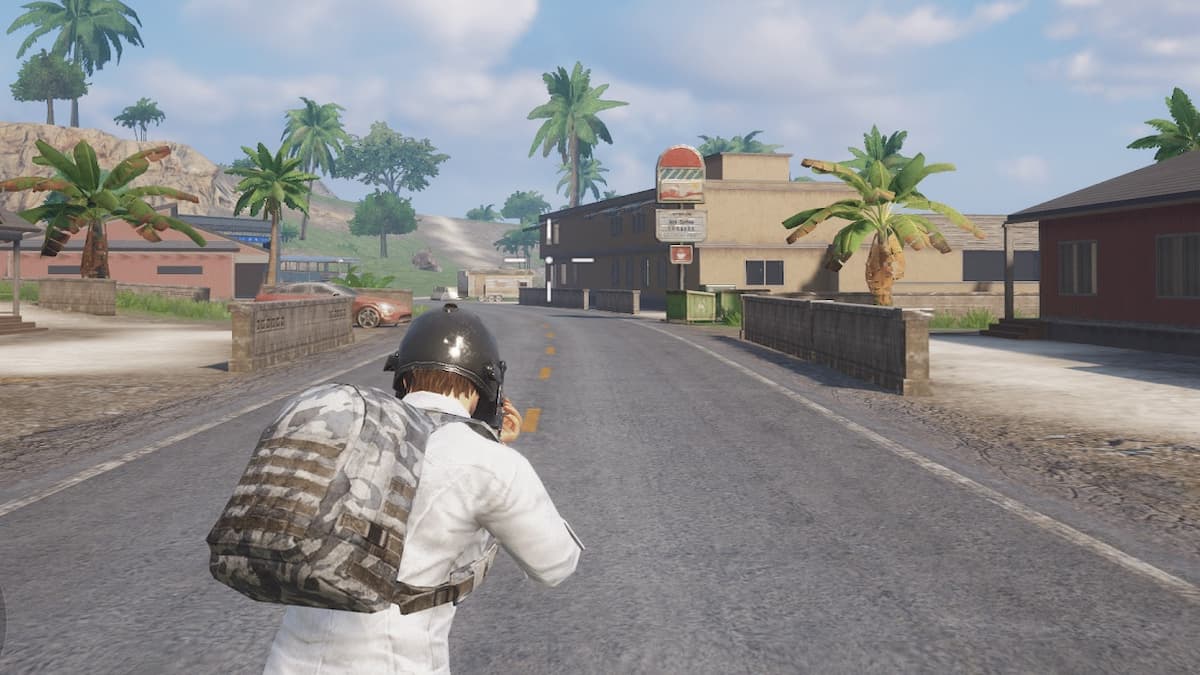
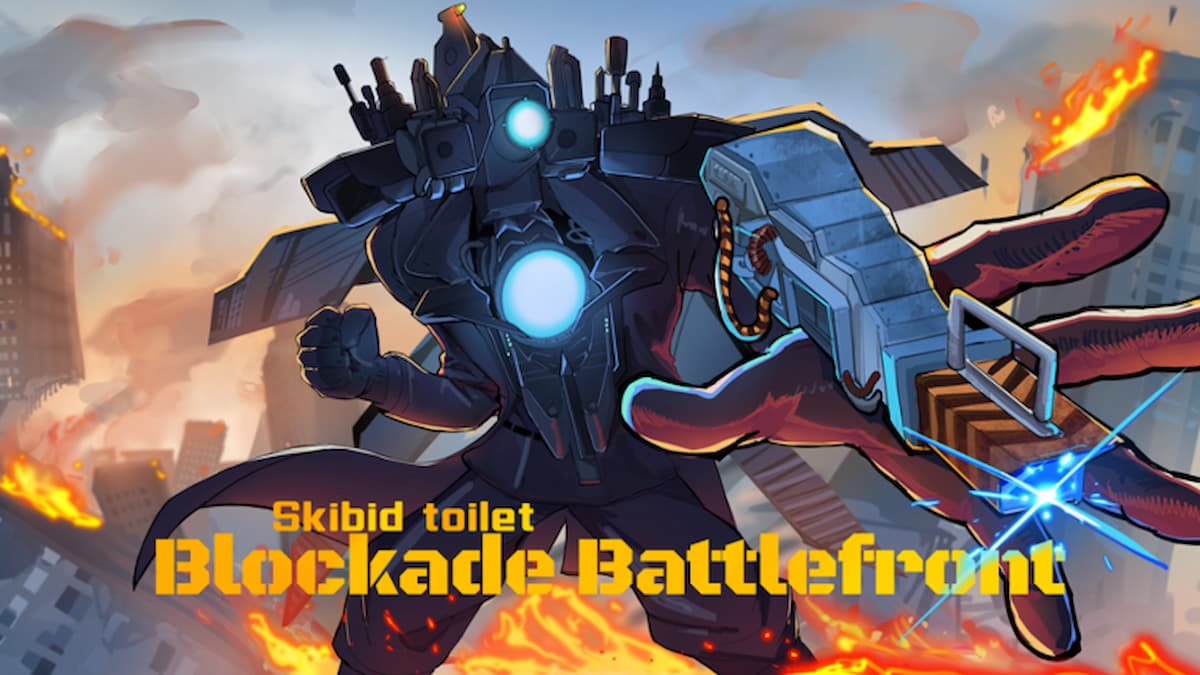
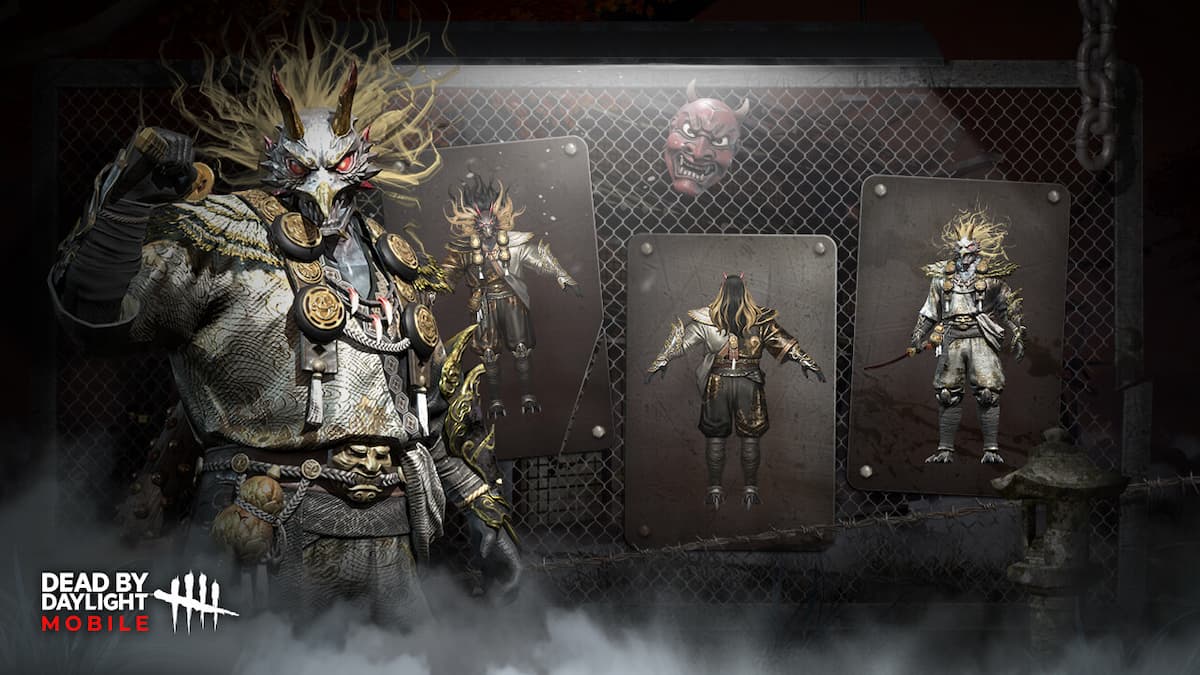
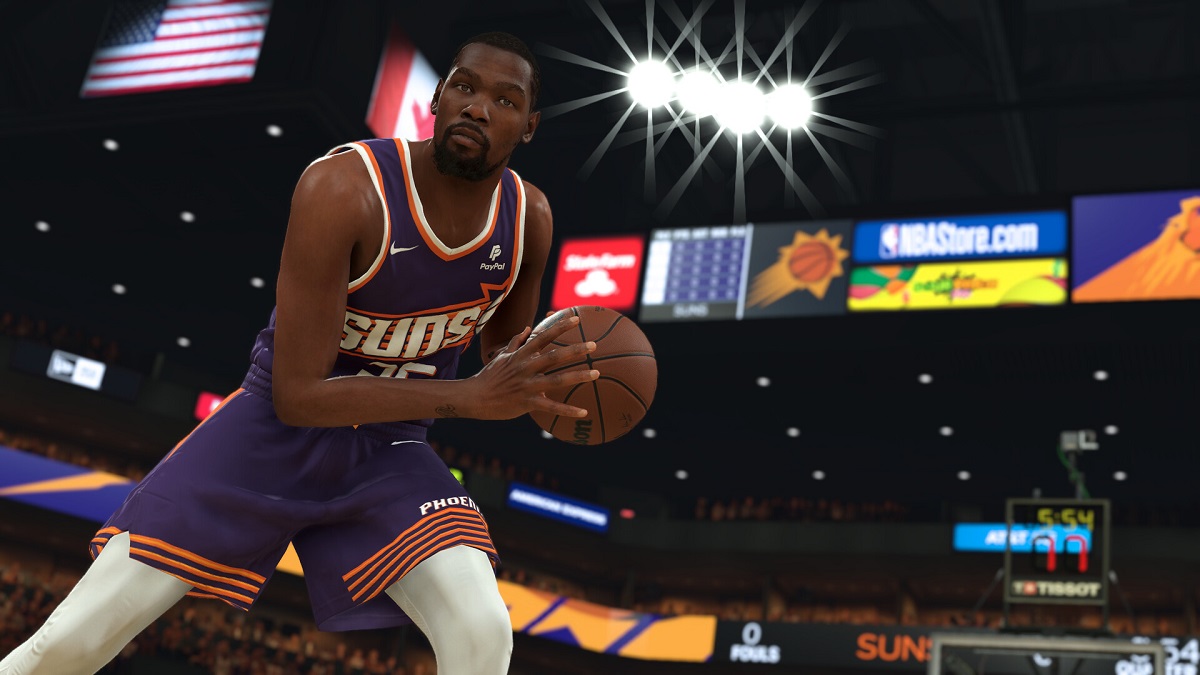

Published: Jan 28, 2016 01:38 pm